VOLUNTEER TODAY
Purpose, Play and Possibility
At Foster Kinship Sports, we believe every young person deserves a safe, inspiring space to grow into their full potential. Our programs are designed to do just that—nurturing confidence, connection, and capability through hands-on experiences in sports, leadership, education, wellness, and community engagement. We operate through the lens of Positive Youth Development (PYD)—a strengths-based approach that emphasizes what young people can become, not just what they must overcome. Whether on the field, in the classroom, or during after-school activities, our goal is to help youth thrive in every aspect of their lives.
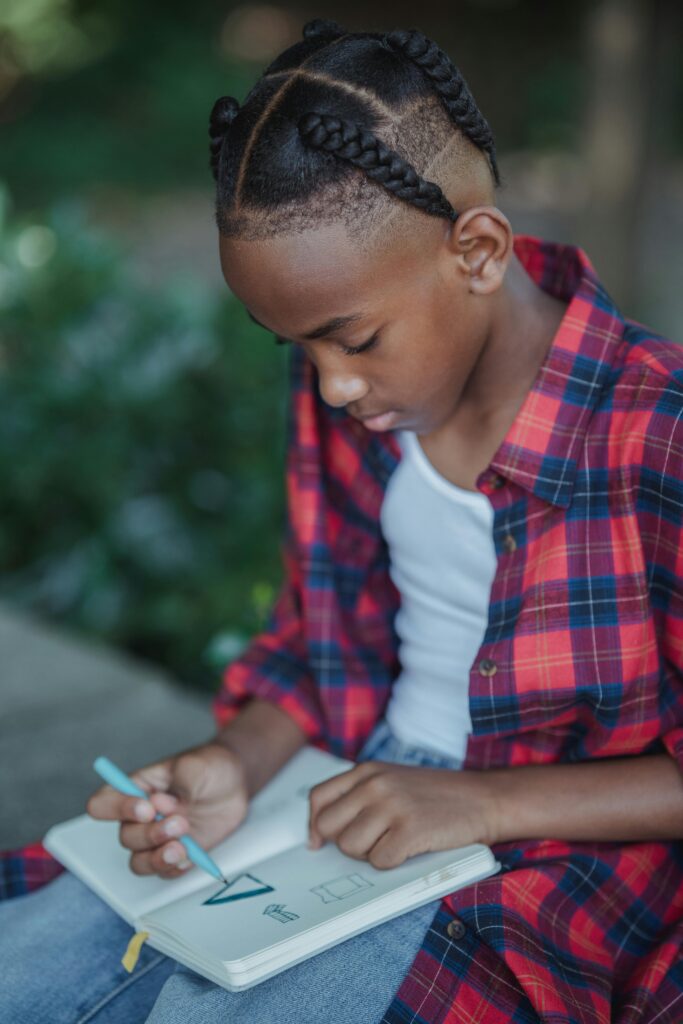
More Than A Program. A Pathway To Thriving.
Foster Kinship Sports (FKS) is not merely an activity provider — it is a developmental ecosystem grounded in the principles of Positive Youth Development (PYD). Our programs are intentionally designed to cultivate potential, strengthen character, and equip youth with the relational, emotional, and cognitive assets necessary for long-term flourishing.
PYD, as practiced at FKS, is neither theoretical nor incidental. It is embedded in every interaction — from skill-building on the field to mentorship, leadership, and community engagement. We prioritize strengths over deficits, growth over correction, and agency over compliance. Each program serves as a structured opportunity for young people to experience belonging, build competence, and assume meaningful roles within supportive networks.
This integrative model ensures that youth are not only engaged in enriching experiences, but are actively developing the adaptive capacities essential for lifelong well-being and contribution. At FKS, we are not just preparing youth for the next game or class — we are shaping the conditions for them to lead, thrive, and transform the communities they inherit.
Core Program Areas
MENTORSHIP & LIFE SKILLS
We pair youth with trusted, trained mentors who offer:
- Academic encouragement and college prep
- Career readiness and life planning
- Social-emotional support and self-confidence
- Exposure to entrepreneurship and financial education
Workshops and mentoring help teens prepare for life with clarity and competence.
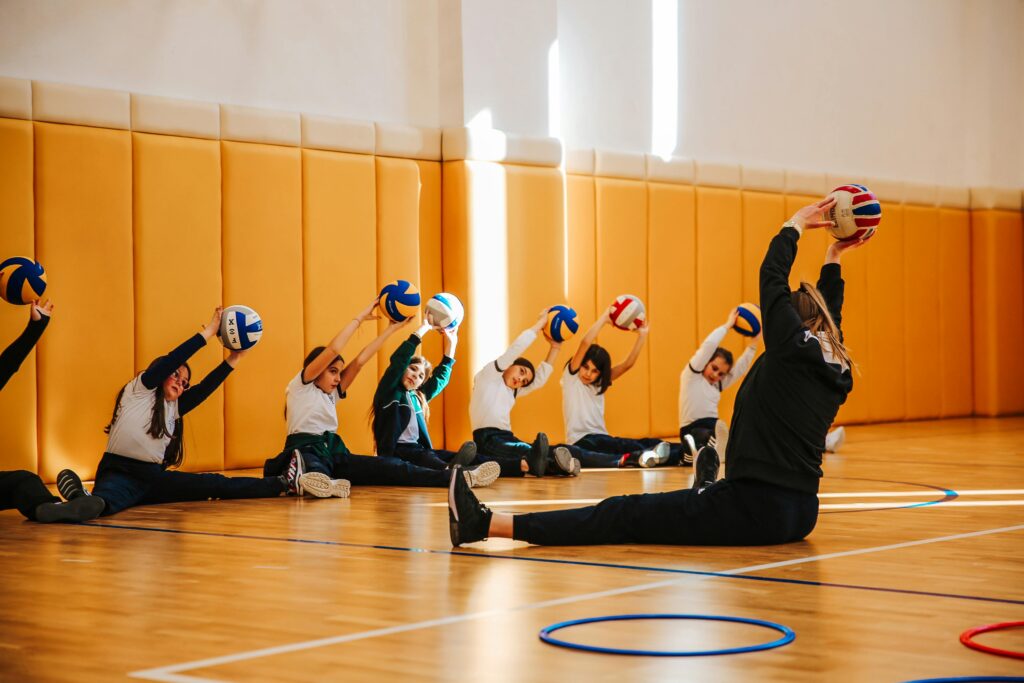
Cultivating Capable Lives
The Critical Role of Mentorship and Life Skills in Adolescent Development
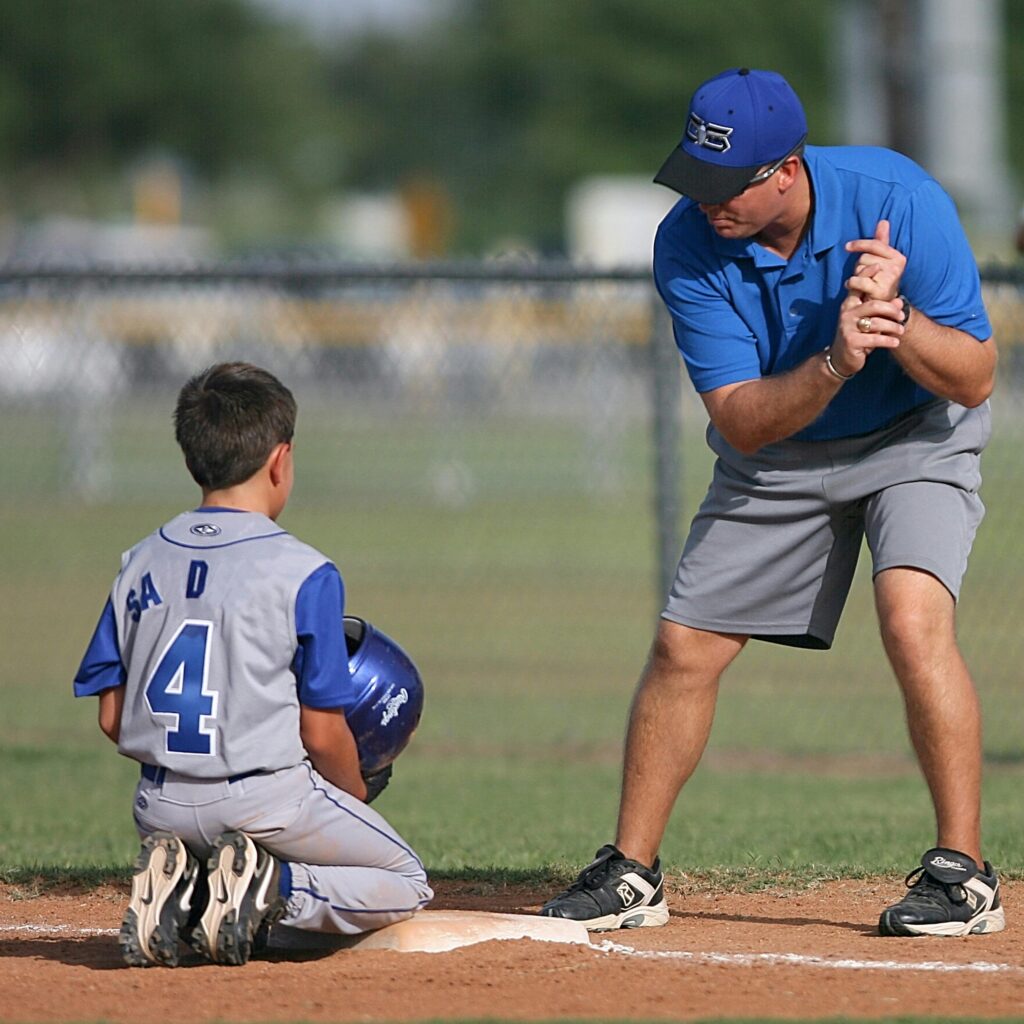
Adolescence is a pivotal period marked by identity formation, increasing autonomy, and heightened sensitivity to social context. At this developmental crossroads, mentorship and life skills development are not supplementary—they are foundational to well-being, academic success, and long-term societal contribution.
Effective mentorship offers more than companionship; it functions as a stabilizing force amidst the turbulence of adolescence. A consistent, trustworthy adult figure provides relational scaffolding that fosters emotional regulation, self-efficacy, and the internalization of prosocial values. Research consistently confirms that mentored youth exhibit improved academic outcomes, reduced engagement in high-risk behaviors, and greater resilience in the face of adversity.
Life skills—such as emotional literacy, financial competency, decision-making, goal setting, and interpersonal communication—serve as the psychological infrastructure for navigating complex social systems. Without intentional cultivation of these capacities, many youth, especially those in under-resourced environments, face systemic disadvantages that perpetuate cycles of instability and underachievement.
Together, mentorship and life skills training constitute an applied, evidence-based approach to Positive Youth Development (PYD). They equip adolescents not only to survive their immediate circumstances but to envision—and enact—a future marked by agency, adaptability, and altruism. In short, they help young people become the kind of adults who not only succeed but contribute meaningfully to their communities. This is not a luxury—it is an imperative.
LEADERSHIP & COMMUNITY ENGAGEMENT
Our programs give young people real opportunities to lead, including:
- Organizing and leading service projects
- Civic learning, volunteerism, and advocacy
- Public speaking, project planning, and team roles
- Exploring identity, influence, and integrity
We nurture the next generation of community builders and changemakers.
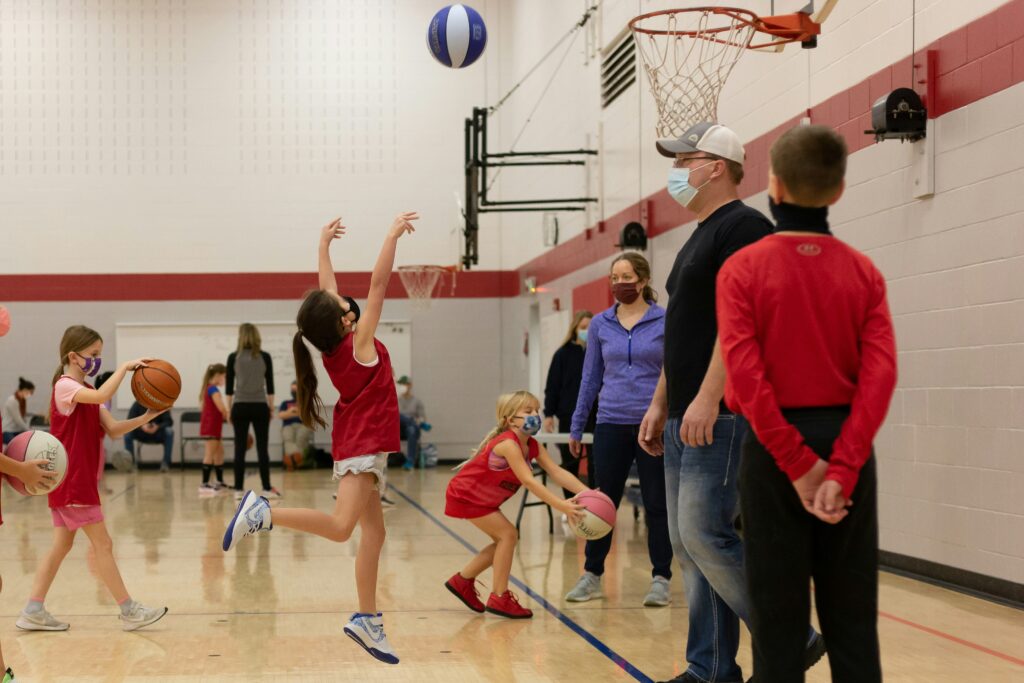
From Margins to Momentum
Leadership and Community Engagement as Transformative Catalysts for Foster and At-Risk Youth
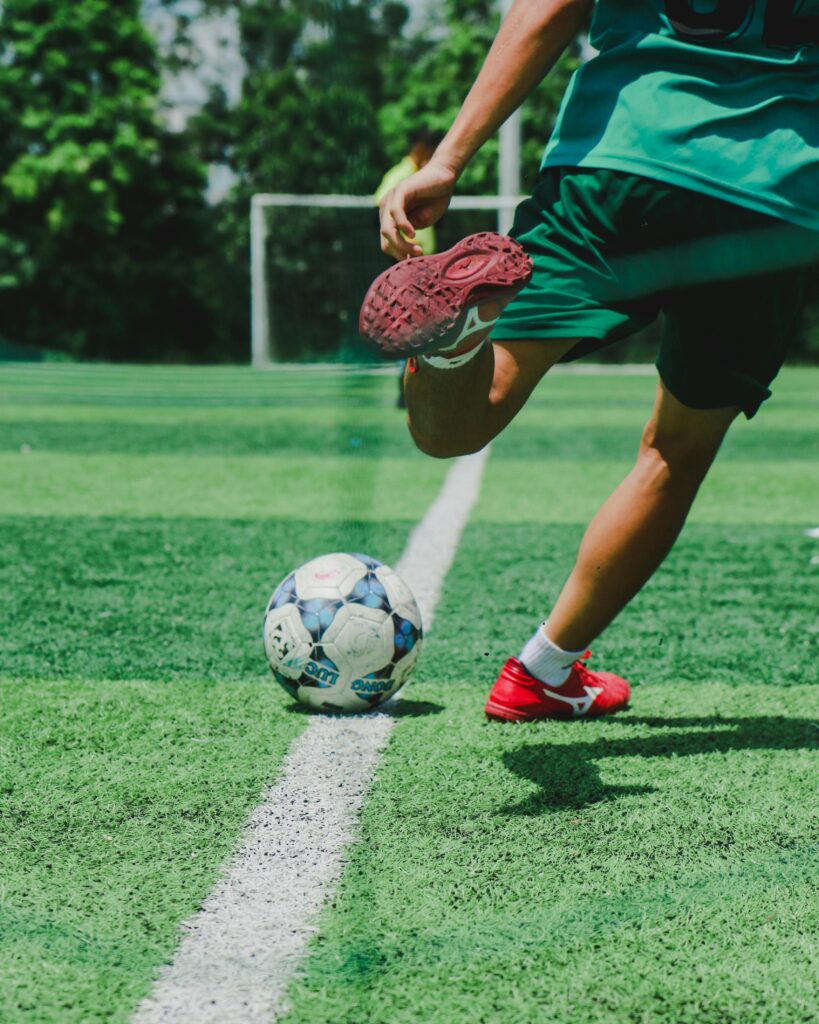
For foster and at-risk youth—many of whom face chronic instability, fractured attachments, and systemic marginalization—leadership and community engagement are not just aspirational ideals; they are reparative mechanisms essential to developmental flourishing. These youth often navigate life with diminished perceptions of control, value, and visibility. Leadership development, when intentionally designed, offers an evidence-based intervention that restores agency, nurtures identity, and affirms belonging.
Leadership training fosters executive functioning: goal setting, impulse control, strategic thinking, and perspective-taking. These skills, critical for personal success, also translate into prosocial behavior and resilience. When paired with community engagement, leadership becomes relational rather than hierarchical—a practice of contribution, collaboration, and civic ownership. Youth transition from passive recipients of aid to active architects of their environments.
For foster youth in particular, who may experience learned helplessness and mistrust of institutions, structured community involvement can restore faith in collective systems and rewire internalized narratives of exclusion. Engaging in service, advocacy, and peer mentorship enhances self-worth and embeds youth in networks of meaning and reciprocity.
Furthermore, confronting behavioral challenges through this framework reframes discipline as growth, not punishment. Rather than suppressing disruptive behavior, we redirect it toward constructive agency, validating the underlying need for recognition, relevance, and respect.
Leadership and community engagement are not extracurricular—they are therapeutic, developmental imperatives.
SPORTS & RECREATION
We use sports as a transformative tool to build:
- Teamwork, communication, and respect
- Physical health and emotional resilience
- Goal-setting, discipline, and leadership
- Positive bonds with mentors and peers
Our inclusive sports programs promote both individual and team development. We also host special events that foster connection between youth and local law enforcement.
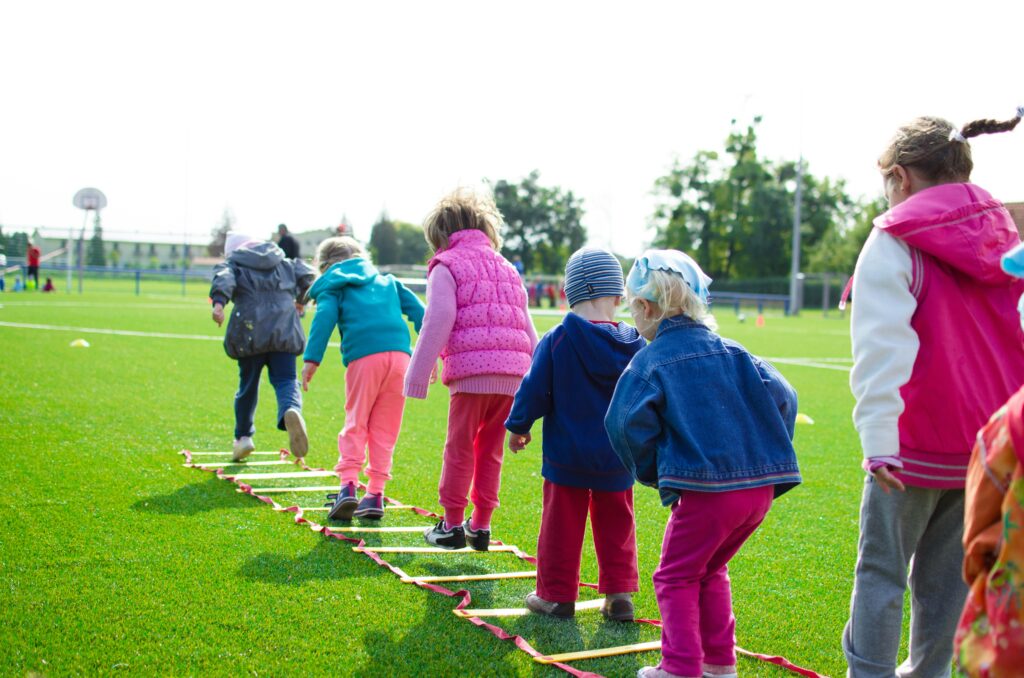
Play with Purpose
The Transformative Power of Sports and Recreation for Foster and At-Risk Youth
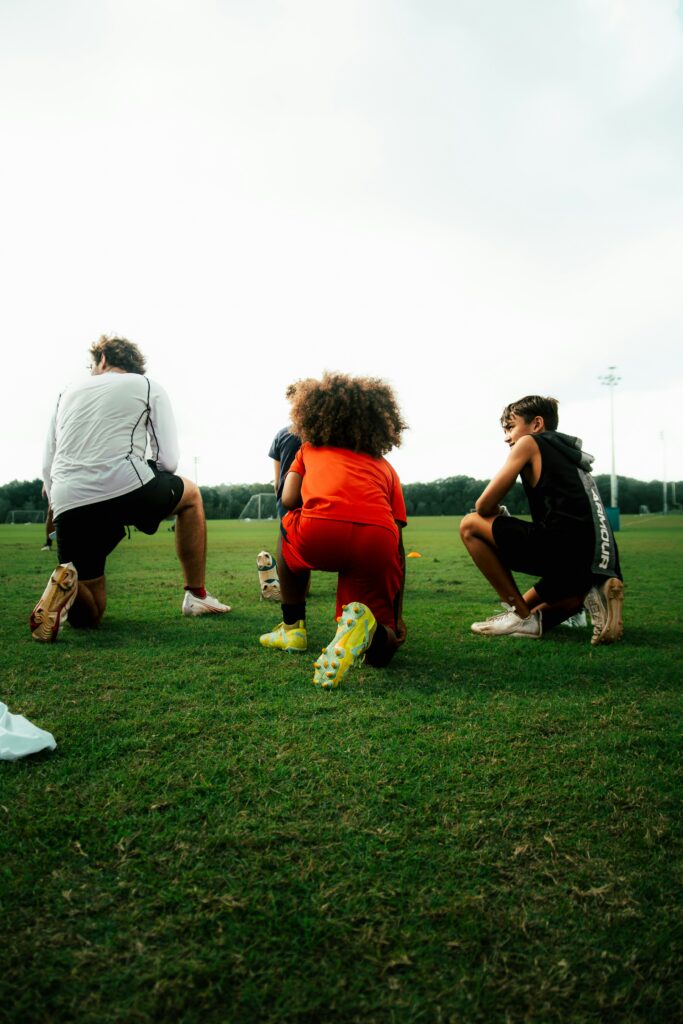
At Foster Kinship Sports, athletics are not an extracurricular luxury—they are a developmental imperative. For foster and at-risk youth, whose lives are often marked by instability and adverse childhood experiences, structured sports offer a uniquely powerful pathway to healing, growth, and identity formation.
Sports deliver more than physical benefits. They cultivate communication, collaboration, and trust through team dynamics; they teach discipline and goal-setting, reinforcing executive function and emotional regulation. In environments where consistency and healthy boundaries are scarce, athletic routines provide predictable structure—essential for recalibrating stress-response systems and building resilience.
Physical activity itself is therapeutic. It reduces anxiety, improves mood, and activates neurobiological mechanisms that support attention, motivation, and self-control. Most critically, sports foster positive adult-youth relationships, particularly through coaches who serve as consistent, supportive role models. These relationships help reframe authority, rebuild trust, and model accountability—key components for healthy attachment and social development.
By embedding life lessons within the structure of play, Foster Kinship Sports uses recreation as both intervention and prevention. It becomes the medium through which youth learn to belong, believe in themselves, and envision a future beyond survival—one defined by purpose, potential, and contribution.
SUMMER CAMPS & CLINICS
- Sports, fitness, and outdoor play
- Specialized clinics for athletic growth
- STEM, creative arts, and hands-on exploration
- Leadership development and team-building
- Weekly field trips, theme days, and community service
Programs are developmentally tailored by age and led by trained youth development professionals, including certified athletic coaches and mentors.
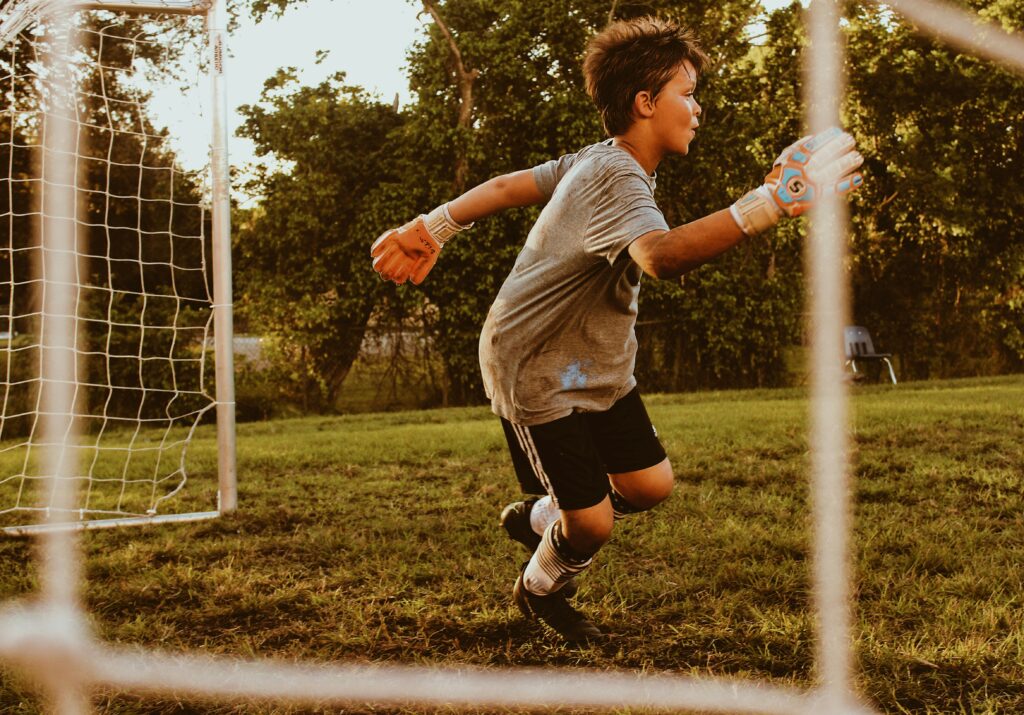
Why Seasonal Interventions?
Reframing Summer as a Critical Window for Youth Development
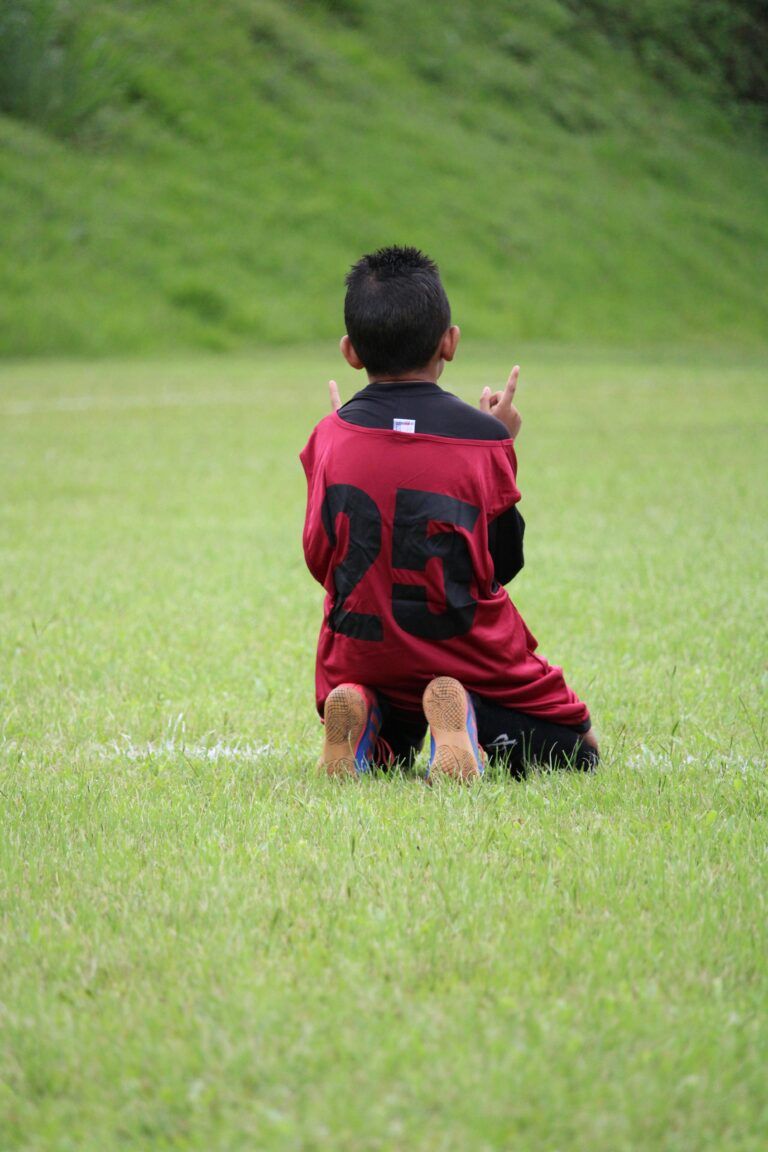
The term Seasonal Interventions is a deliberate reframing of summer programming—not as leisure, but as a strategically timed developmental response for foster and at-risk youth. Summer represents an extended period of unstructured time when protective systems like school and counseling are paused, leaving many youth vulnerable to isolation, behavioral regression, and heightened trauma symptoms.
Foster Kinship Sports recognizes this seasonal vulnerability and transforms it into an opportunity for growth. By embedding athletic development, social-emotional learning, STEM exploration, and leadership-building into its camps and clinics, the organization offers not mere diversion, but purposeful, trauma-informed engagement. These programs function as preventative and restorative interventions—cultivating self-regulation, resilience, and a sense of belonging.
“Seasonal Interventions” communicates both urgency and intentionality. It signals that summer is not an academic off-season, but a high-stakes developmental window. These interventions provide structure, challenge, and mentoring at precisely the time when youth need them most—effectively shielding them from environmental risk while promoting holistic growth. In this way, Foster Kinship Sports positions seasonal programming as a cornerstone of long-term transformation.
AFTER-SCHOOL PROGRAMS
Our after-school programs offer structured, enriching environments that keep youth engaged and supported. Participants receive:
- Academic tutoring and homework help
- Team sports and active recreation
- Mentorship and life skills development
- Nutrition, wellness, and social-emotional learning
Programs are offered at low or no cost to families, ensuring broad access.

After-School Programs
Athletic Structure as a Framework for Resilience, Achievement, and Identity Formation

The term Seasonal Interventions is a deliberate reframing of summer programming—not as leisure, but as a strategically timed developmental response for foster and at-risk youth. Summer represents an extended period of unstructured time when protective systems like school and counseling are paused, leaving many youth vulnerable to isolation, behavioral regression, and heightened trauma symptoms.
Foster Kinship Sports recognizes this seasonal vulnerability and transforms it into an opportunity for growth. By embedding athletic development, social-emotional learning, STEM exploration, and leadership-building into its camps and clinics, the organization offers not mere diversion, but purposeful, trauma-informed engagement. These programs function as preventative and restorative interventions—cultivating self-regulation, resilience, and a sense of belonging.
“Seasonal Interventions” communicates both urgency and intentionality. It signals that summer is not an academic off-season, but a high-stakes developmental window. These interventions provide structure, challenge, and mentoring at precisely the time when youth need them most—effectively shielding them from environmental risk while promoting holistic growth. In this way, Foster Kinship Sports positions seasonal programming as a cornerstone of long-term transformation.
GIRLS EMPOWERMENT
Our girls’ programs are safe, inspiring spaces that foster:
- Leadership, self-expression, and confidence
- Public speaking, STEM engagement & financial literacy
- Body positivity, wellness, and mental health
- Civic engagement and entrepreneurship
Each session is led by female mentors committed to cultivating courage, character, and voice.
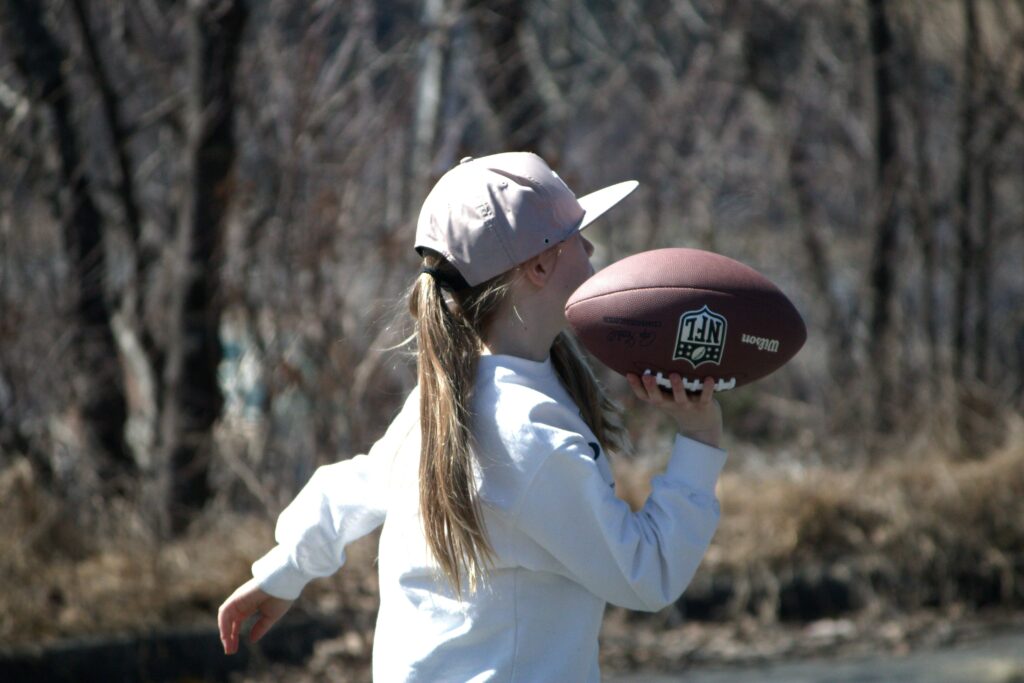
Girls Empowerment
Fostering Confidence, Identity, and Leadership in Girls Growing Through Adversity
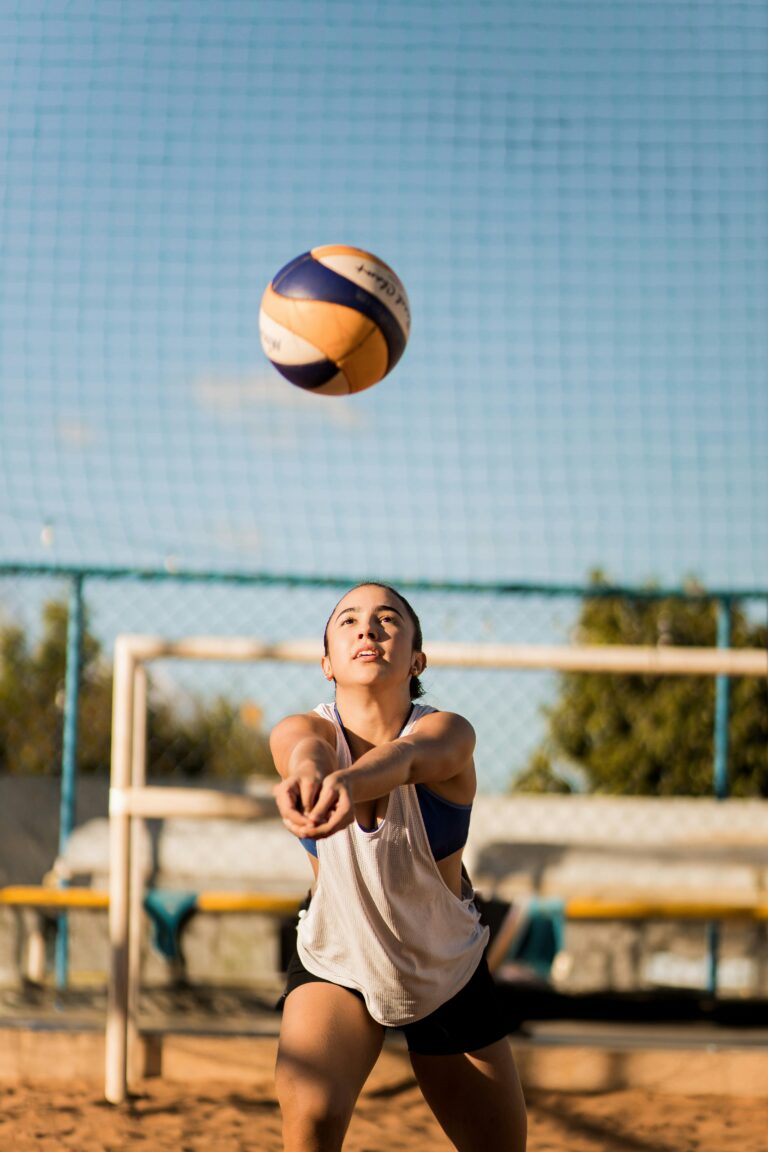
At Foster Kinship Sports (FKS), we affirm that the intentional empowerment of foster and at-risk girls is not ancillary—it is imperative. These young women are navigating layers of complexity: identity formation amid fractured attachments, development in the absence of consistent role models, and the implicit challenges of societal marginalization. FKS’s Girls Empowerment programming is a strategic, developmentally grounded intervention that nurtures their resilience, voice, and purpose.
Through curated mentorship, skill-building workshops, and competitive athletics, we help girls discover the power of their presence and the value of their perspectives. Athletic participation, in particular, serves as both a metaphor and a crucible—where strength is forged, discipline refined, and teamwork internalized. As girls engage in sport, they simultaneously develop the cognitive-emotional scaffolding to manage stress, regulate affect, and navigate setbacks with agency.
Our programming focuses on fostering academic readiness, leadership confidence, body positivity, self-advocacy, and peer alliance. We explore critical themes such as identity development, emotional literacy, assertive communication, and boundary setting. These are not peripheral lessons—they are essential for thriving in education, career, relationships, and civic life.
FKS is committed to shaping girls not only into strong competitors, but into capable, grounded young women prepared for the multidimensional challenges of life—and ready to lead in whatever arena they choose.
The Foster Kinship Sports Model
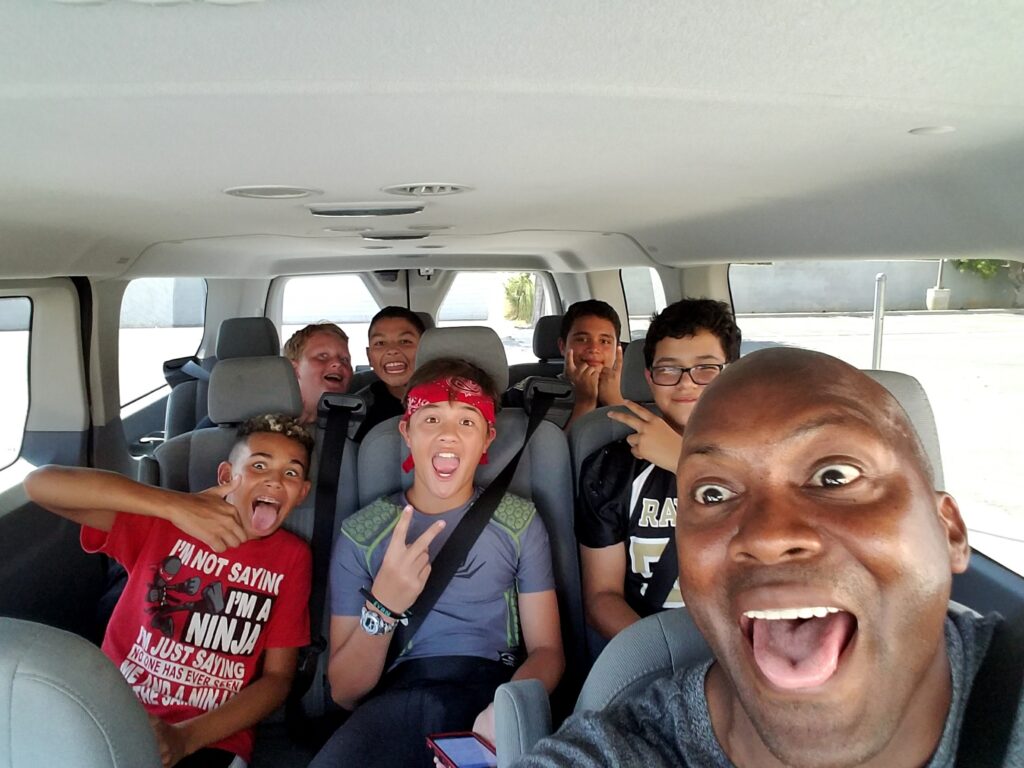
How We Do What We Say
A Five-Pillar Framework for Transformational Youth Development
Foster Kinship Sports empowers foster and at-risk youth through a five-pillar model: Athletic Training, Mentorship, Life Skills, Academic Enrichment, and Leadership & Community Engagement. Rooted in trauma-informed care, the model develops resilience, emotional regulation, and purpose. By combining structured sports with relational and academic support, youth build confidence, competence, and character. This integrated approach equips participants with the tools to succeed in school, relationships, and life—laying the foundation for lifelong growth and meaningful contribution.
Five Connected Pillars
- 1. Trauma-Informed Athletic Programming
- 2. Mental Health Integration
- 3. Mentorship & Life Skills Development
- 4. Academic Reinforcement & Educational Alignment
- 5. Positive Peer Engagement & Community Integration
Mental Health Integration
Embedding Emotional Intelligence into Performance Training
- Embeds CBT-informed tools in team settings
- Mental performance coaching integrated with practice
- Emotional fluency and self-concept development
- Destigmatizes psychological support as elite strategy
FKS uniquely fuses psychological development with physical training by embedding therapeutic supports into athletic spaces. We implement psychoeducational tools and CBT-informed interventions within team environments, leveraging the intensity of sports as a mirror for emotional states. Our “mental performance coaching” approach addresses self-concept, decision-making, emotional fluency, and internal narrative reshaping—all critical for identity formation in youth with adverse childhood experiences (ACEs). Rather than siloing clinical support, we create a hybrid system where sportsmanship, mental health, and behavioral literacy co-exist seamlessly, normalizing help-seeking behavior and emotional expression as components of elite performance and everyday life.
Mentorship & Life Skills Development
Modeling Competence, Cultivating Character
- Consistent, trained adult mentors
- Life skills embedded in sport settings
- Promotes dignity, struggle validation, and self-efficacy
- Ethical leadership developed in real-time
Central to FKS’s developmental ecosystem is the intentional pairing of youth with consistent adult mentors trained in relational coaching, resilience-building, and motivational scaffolding. These relationships serve as corrective emotional experiences, countering histories of instability, neglect, and disconnection. Life skills are taught not through didactic instruction, but through context-rich, experiential learning embedded in sport: leadership under pressure, conflict resolution in competition, and ethical decision-making in the heat of play. Our mentorship model advances social-emotional growth by affirming dignity, validating struggle, and activating self-efficacy—especially in youth accustomed to systemic dismissal.
Academic Reinforcement & Educational Alignment
Linking Discipline on the Field to Discipline in the Classroom
- Academic effort reframed as performance mindset
- School partnerships and academic coaching
- Goal setting and structured monitoring
- Academic pride aligned with athletic identity
FKS views academic growth not as an ancillary outcome, but as a co-equal priority to athletic and behavioral development. We build learning scaffolds in alignment with each participant’s academic journey, engaging school partners, guardians, and probation officers as collaborative agents. By framing intellectual effort and scholastic achievement in the same language as competitive training—goal-setting, grit, feedback loops—we rebrand academic success as a performance mindset. In doing so, we cultivate future-ready youth who not only survive within school systems, but increasingly lead within them. Our model also extends to tutoring, academic coaching, and structured progress monitoring where necessary.
Positive Peer Engagement & Community Integration
Belonging, Contribution, and Prosocial Identity Formation
- Curated prosocial peer environments
- Youth-led initiatives and civic engagement
- Builds prosocial identity and community pride
- Promotes relational flexibility and empathy
Youth identity is shaped in part by peer interaction and perceived social value. FKS curates peer environments rooted in accountability, empathy, and collaborative success. Teams become micro-communities that promote mutual reliance and interpersonal flexibility—antidotes to the alienation common in foster and juvenile justice systems. We facilitate cooperative challenges, youth-led initiatives, and community service experiences that cultivate civic pride and prosocial identity. Over time, these engagements shift behavioral trajectories by helping participants experience themselves not as burdens or outcasts, but as contributors, leaders, and agents of positive change within their environments.
The FKS model is neither solely therapeutic nor purely athletic. It is an intentionally integrated developmental system—anchored in the science of human resilience and the art of sport—designed to equip some of the most system-impacted youth with the psychological, physical, academic, and relational tools to flourish. It does not merely aim to treat symptoms of adversity; it seeks to architect futures rooted in strength, dignity, and sustained transformation.
Trauma-Informed Athletic Programming
Healing Through Structure and Movement
- Reconditions stress-response systems
- Emphasizes relational safety and predictability
- Coaches trained in trauma-informed methods
- Sports as ritual of regulation, mastery, and agency
At the heart of FKS is a trauma-informed sports environment designed to stabilize and recondition dysregulated stress-response systems in foster and justice-involved youth. Grounded in affective neuroscience and somatic psychology, our athletic methodology acknowledges the complex imprint of trauma on the developing brain. Training sessions are deliberately structured to emphasize predictability, relational safety, and emotional attunement—factors empirically shown to support self-regulation and neural integration. Coaches are cross-trained in positive coaching frameworks, motivational interviewing, and trauma-sensitive behavioral intervention. Each physical routine becomes a ritual of recalibration: an opportunity to cultivate resilience, agency, and body-based mastery in a youth population often deprived of control and consistency.
